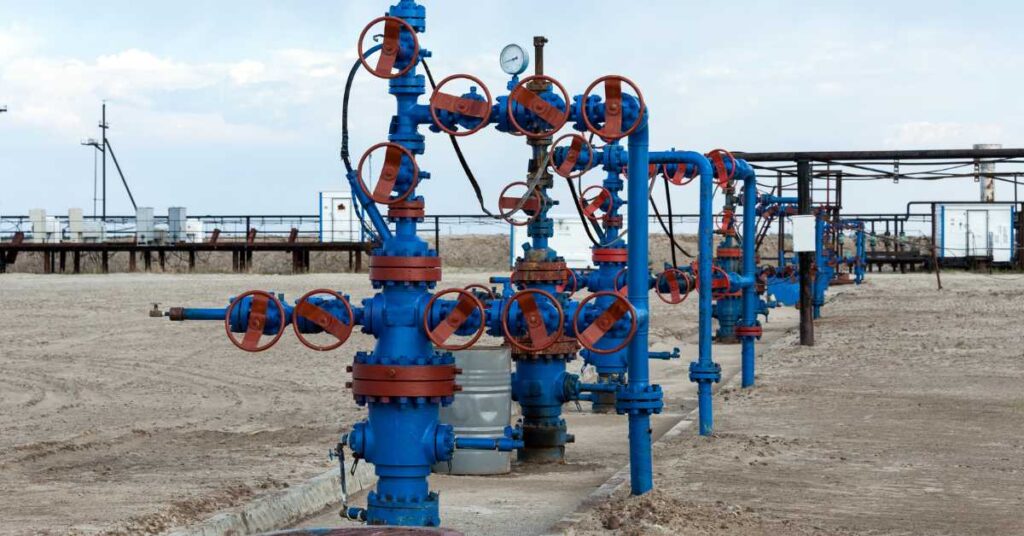How To File a Claim for an Oilfield Injury

Oil and gas companies have a reputation for being exceptionally dangerous for workers. The Centers for Disease Control and Prevention (CDC) report that oilfield workers have a fatality rate seven times larger than other industries.
Workers who survive these tragic accidents are still left with life-altering injuries. If this happens to you, you have a right to seek compensation for your injuries and other losses. Oilfield injury cases vary greatly from case to case.
Hiring an oilfield accident attorney can simplify the process and help you collect fair compensation.
Did an Oilfield Accident Cause Your Injury?
The first thing to determine is what caused your injury. Many things can go wrong in an oilfield. Common oilfield accidents include:
- Fires and explosions
- Collapsing rigs
- Vehicle accidents
- Well blowouts
- Fracking accidents
- Heavy equipment malfunctions
- Entrapment
- Falls
- Hydrogen sulfide poisoning
While some of these accidents cause more severe injuries than others, all of them are worth pursuing compensation for. Determining the cause of your injury helps you establish who the liable party is.
All of this is vital information for your claim.
What Are Your Options for Compensation?
As an injured oilfield worker, you have a few different options to consider when pursuing compensation.
First, find out whether your employer has workers’ compensation insurance. Oilfield employers should have this insurance, but not all do. If they do, you may pursue a workers’ compensation claim.
A workers’ compensation claim will cover the cost of your injuries and some of your lost wages. For workers’ compensation, you won’t have to prove liability. However, if your employer does not have such insurance, you can move forward with a personal injury lawsuit.
Personal injury lawsuits often cover more than workers’ compensation. They may include economic damages, non-economic damages, and even punitive damages. K
If your employer isn’t liable for your accident, there are third parties who may be liable. Consider the following:
- Manufacturers
- Subcontractors
- Company Men
- Landowners
- Contractors
- Shipping companies
- Other workers
Steps to File an Oilfield Injury Claim
To seek financial compensation for an oilfield injury, follow these steps.
1. Notify Your Employer Immediately
The first thing to do is notify your employer. Even if you think you can continue working, failing to report your injury will hurt your chances of collecting compensation later. You’ll likely complete an incident report, which should be 100% accurate.
This puts the accident in writing, providing concrete evidence for later. This is also a good way to document details from the incident that you may forget with time.
2. Seek Medical Treatment
Seeking medical attention is essential, even if you don’t think you need it. Your employer should ensure you receive that attention after you notify them of your injury.
Being diagnosed early means you can prevent further damage. Ensure you or your doctor documents all stages of this interaction. Having an objective perspective, like a medical professional who can attest to your injuries, is extremely beneficial in a personal injury or workers’ comp claim.
3. Contact an Oilfield Accident Attorney
Finally, contact an oilfield accident attorney as soon as possible. They will help you understand your case options and walk you through this process.
Injured in an Oilfield Accident? Contact FCHC Law
Fadduol, Cluff, Hardy & Conaway, P.C., is a law firm of passionate and experienced personal injury lawyers whose oilfield accident attorneys have won millions and millions for oilfield injury victims.
Call 800-433-2408 for a case review today.
